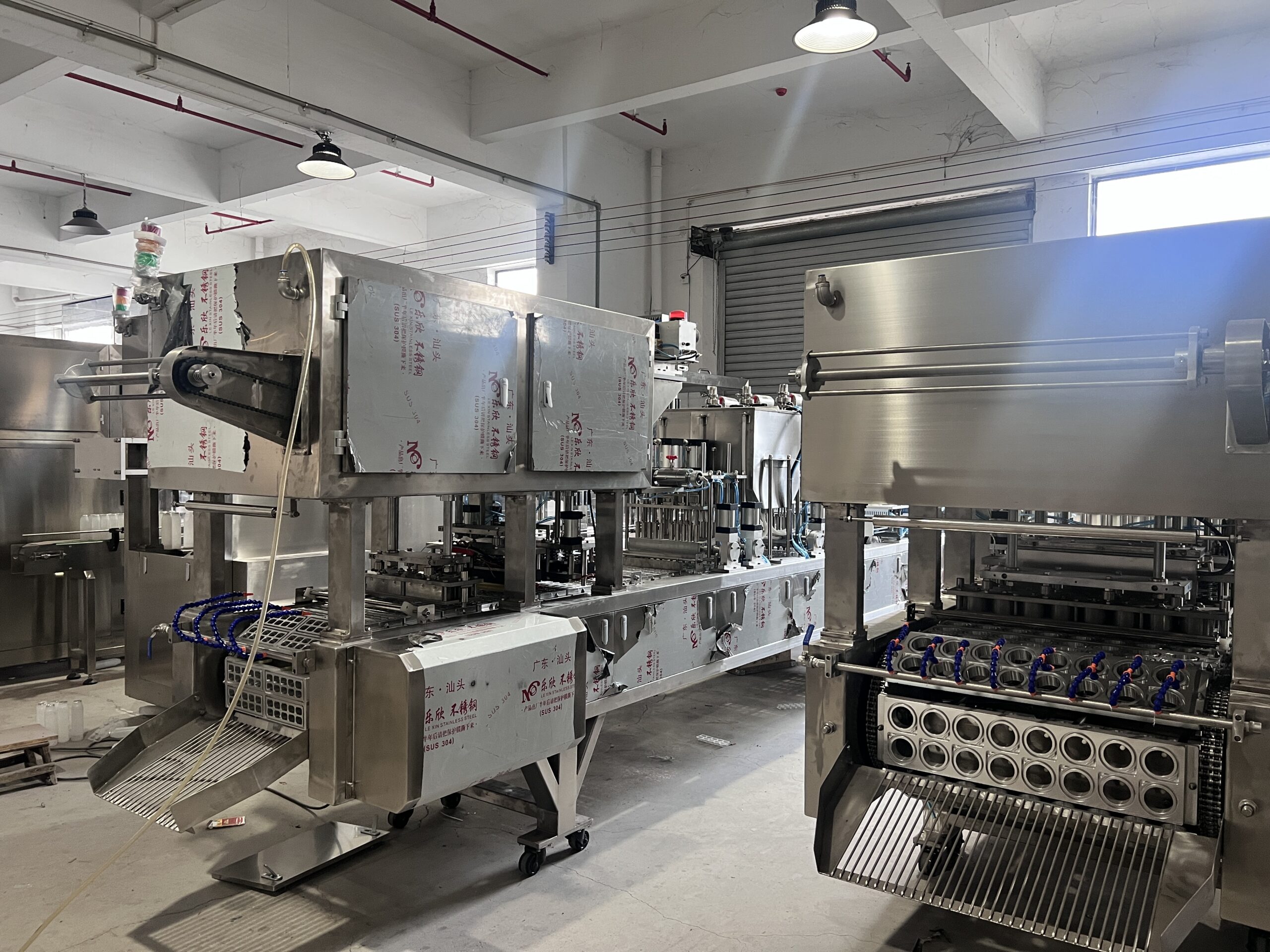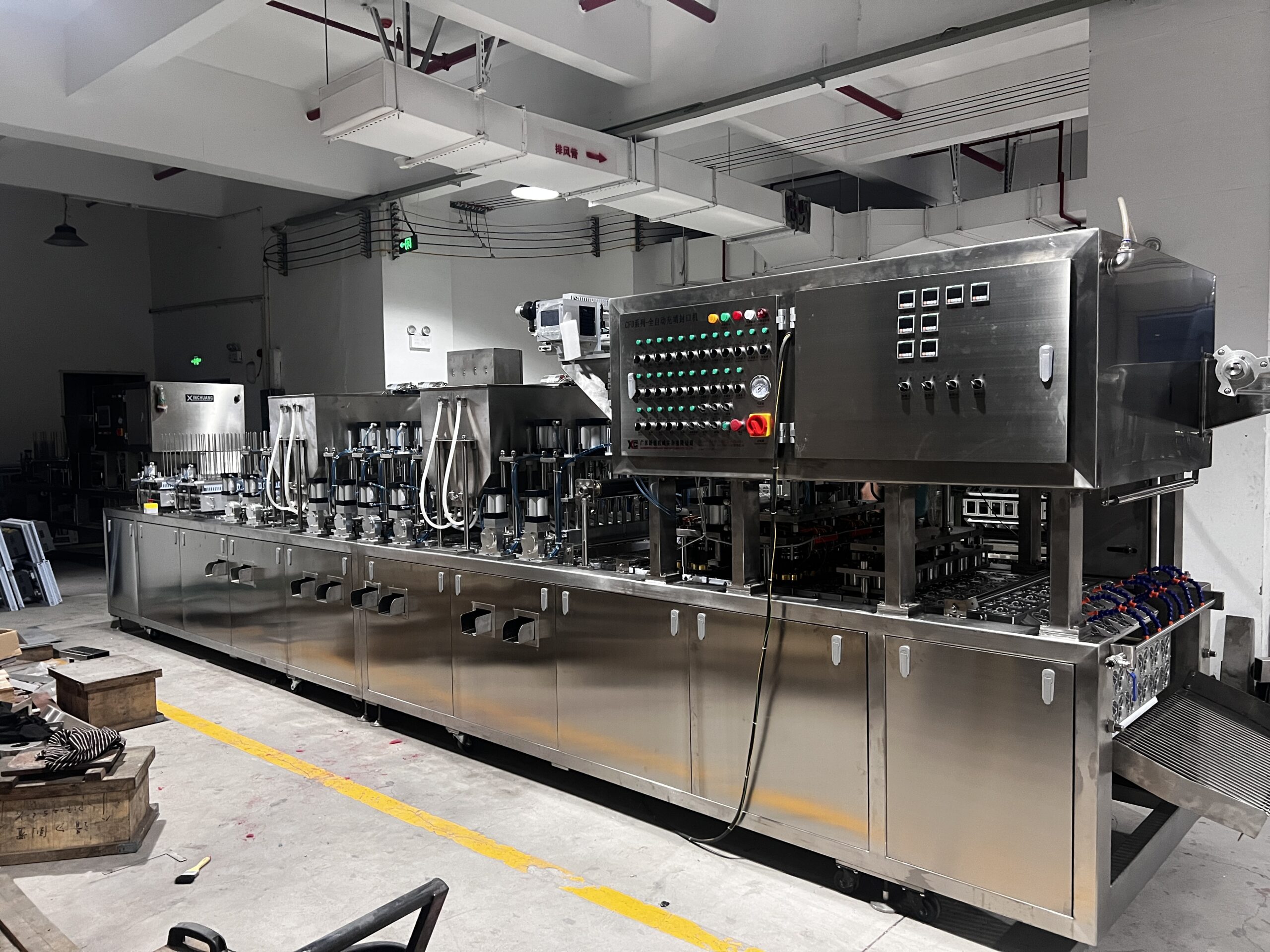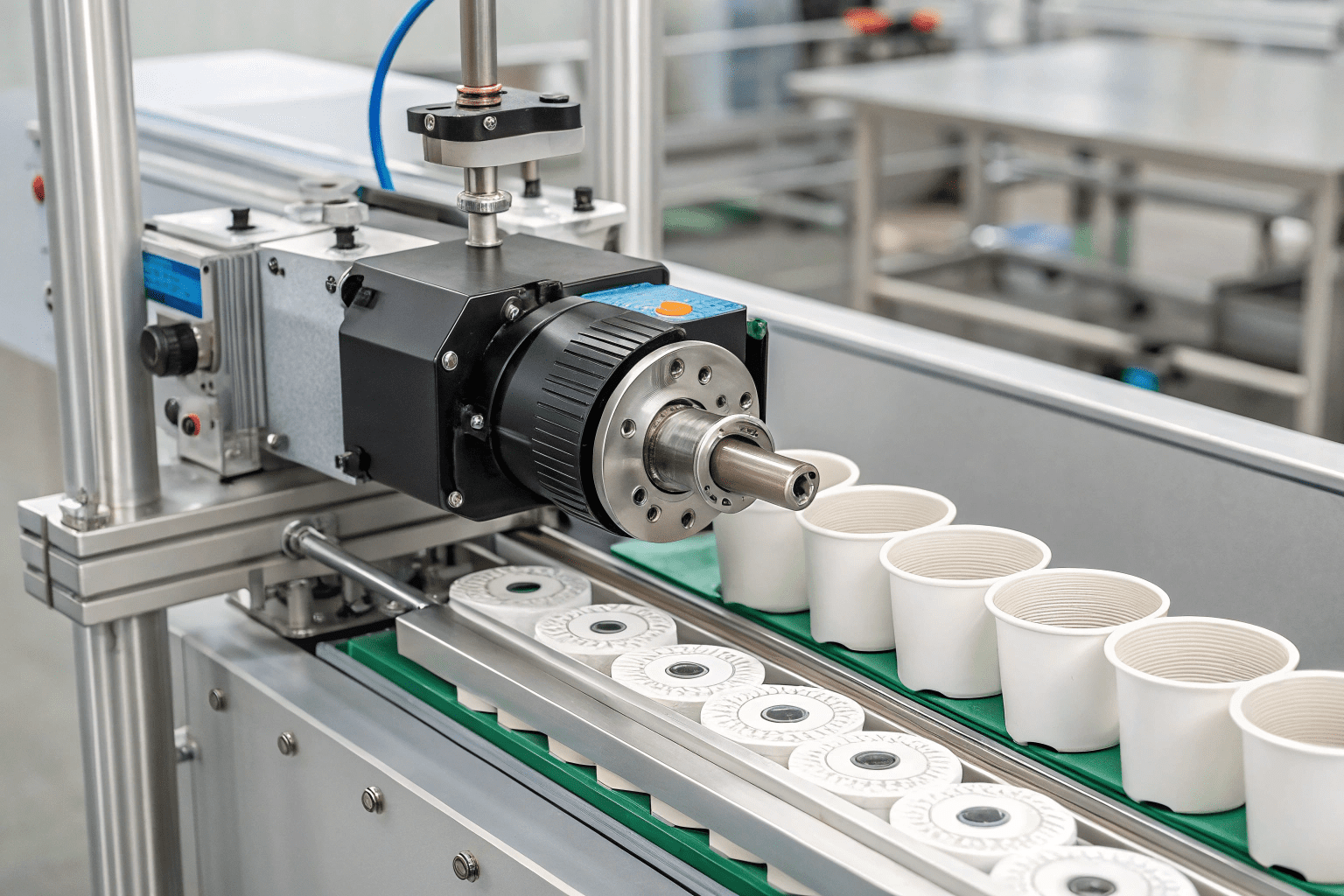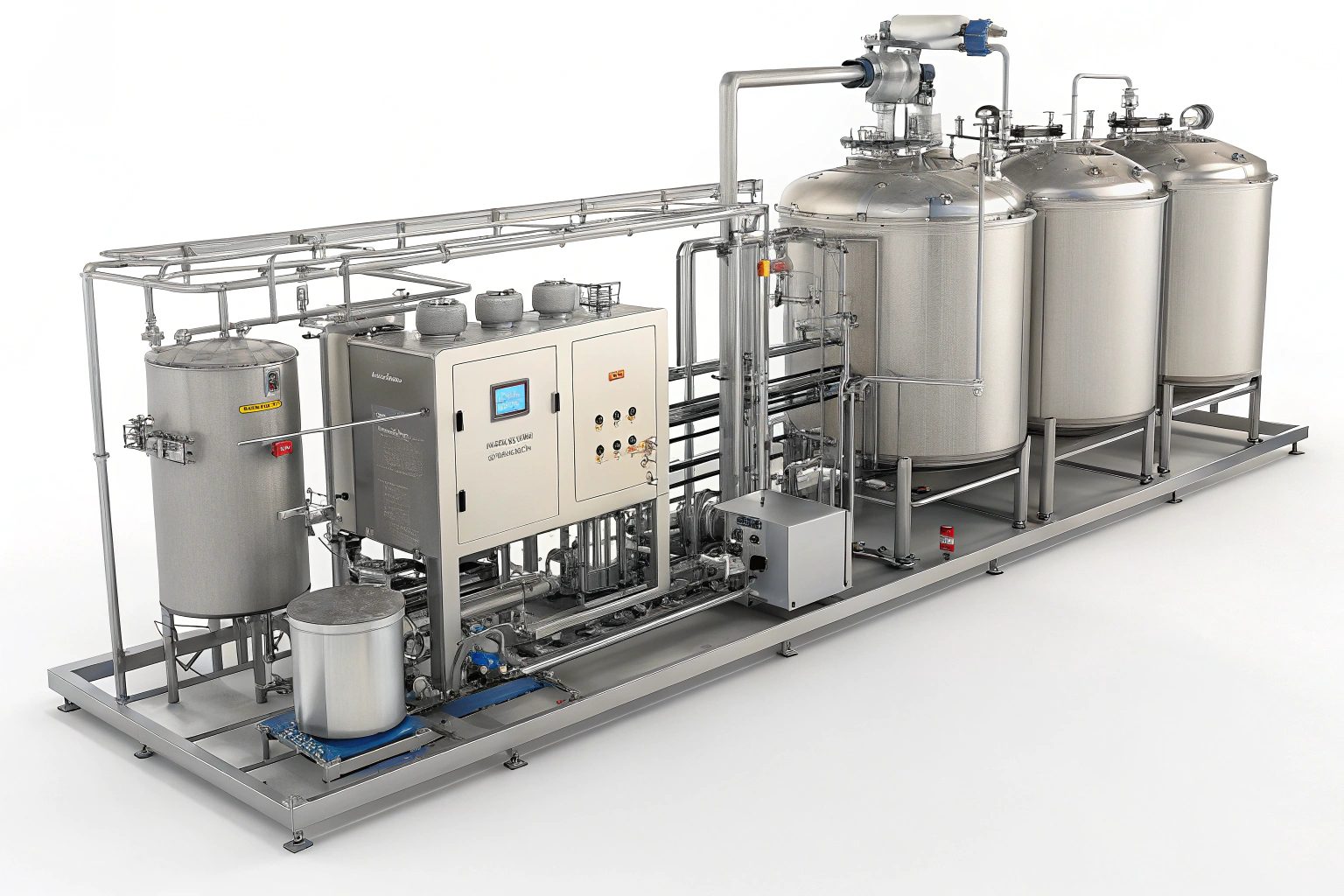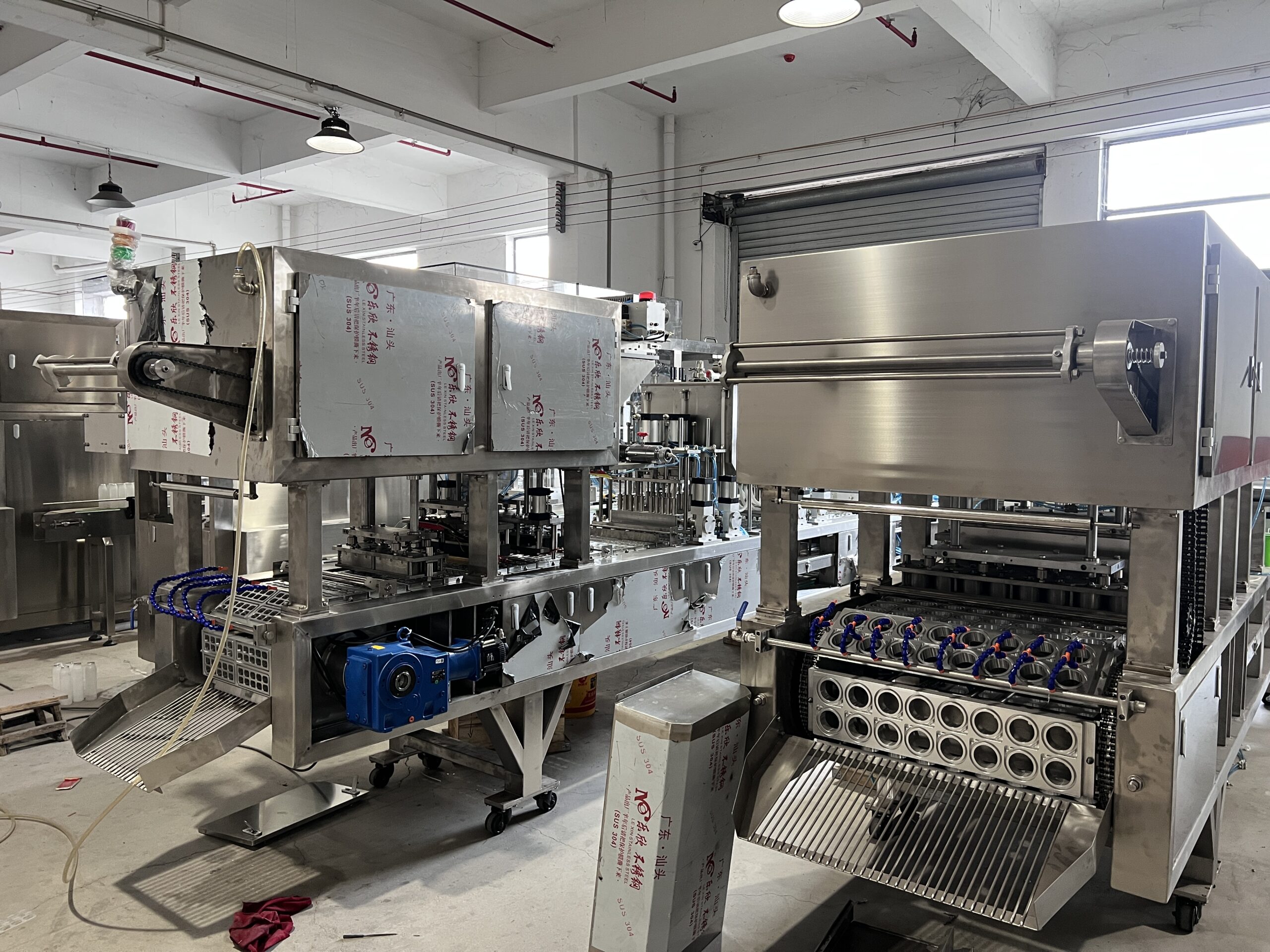How to Clean and Sanitize a Cup Filling Machine?
Cleaning and sanitizing your cup filling machine is essential. It keeps your product safe and keeps you machine working good.
Cleaning ensures that the machine is free of contaminants, preventing health hazards. Routine cleaning and sanitation, maintains optimal performance and longevity of the equipment involved, ensuring top-quality output and preventing costly repairs.
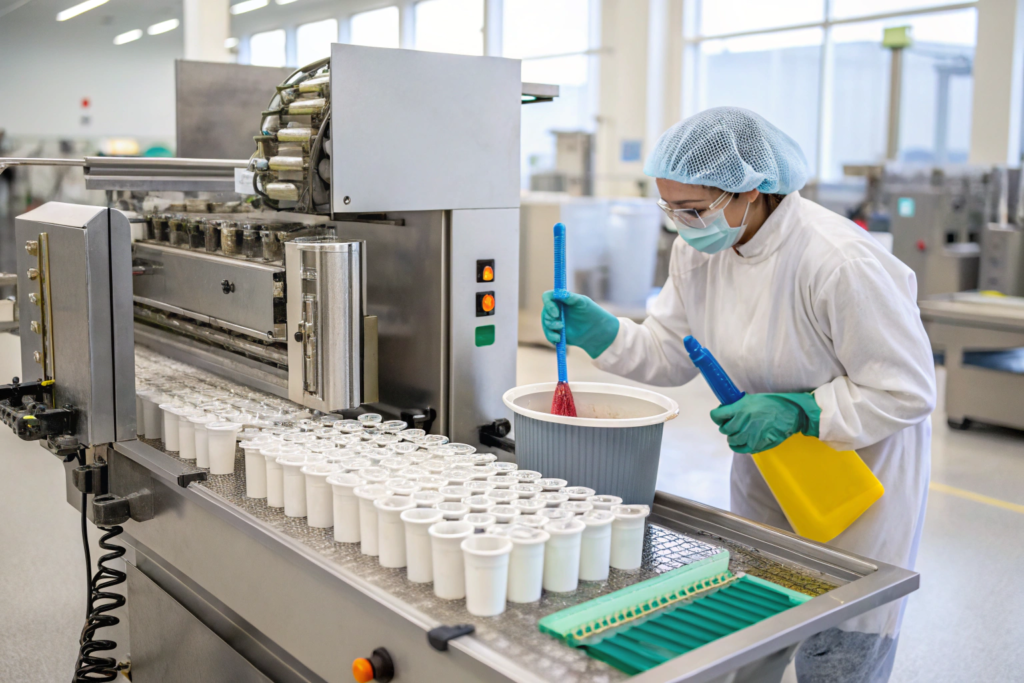
]
Proper cleaning is very important. It’s not just about a quick wipe-down. It’s about getting into every place where product residue can hide.
How Do You Clean and Sanitize a Measuring Cup?
Cleaning a measuring cup seems simple. But what if you’re dealing with industrial-sized equipment?
For home use, wash with soap and water, then sanitize with a diluted bleach solution. In industrial, Cleaning-In-Place (CIP) systems are used, it is important for food safety.
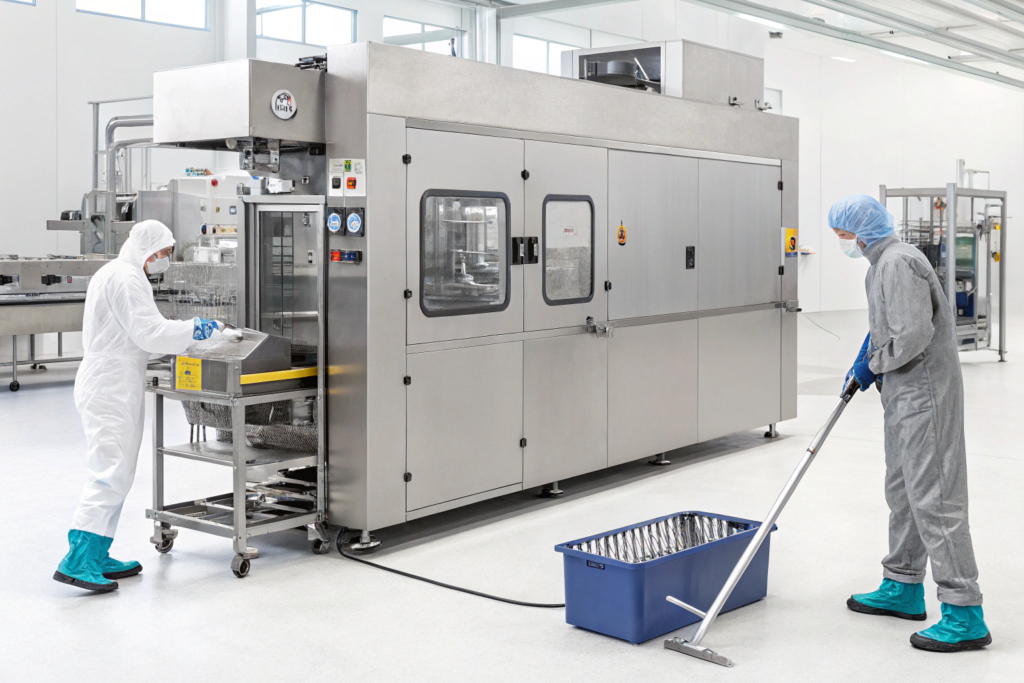
]
Dive Deeper Paragraph:
Cleaning a simple measuring cup at home is easy. Industrial cleaning is a much bigger job. We’re talking about complex machines. These machines have many parts that touch the product. Think about nozzles, seals, and pumps. We need to make sure every single part is spotless. There are different kinds of filling machines1. For example, let’s think about a liquid filling machine2, like the ones we make for yogurt. We also make machines for thicker things, like jelly.
Different Machine, Different Cleaning.
| Machine Type | Cleaning Challenges3 | Cleaning Solutions |
|---|---|---|
| Liquid Filling Machine | Residue in nozzles, hoses, and pumps. | Hot water, food-grade detergents, CIP systems4. |
| Viscous Filling Machine | Sticky residue, difficult-to-reach areas. | Specialized cleaners, longer soaking times, manual scrubbing. |
| Powder Filling Machine | Dust control, static build up. | Vacuum systems, anti-static brushes, dry cleaning methods. |
| Capsule Filling Machine | Perforation cleaning, residue removal | soft brushes, compressed air for dust, precision tools |
Always consult the machine’s manual. Our team provides detailed instructions. These instructions are specific to your machine. We make sure you know how to take it apart, clean it, and put it back together. Safety first!
What is the Maintenance of Fillers Machinery?
Keeping your filling machine in good shape is a must, but is is also a challenge, right?
Regular maintenance prevents breakdowns. It involves cleaning, inspecting, lubricating, and replacing worn parts. This ensures consistent operation and long machine life.
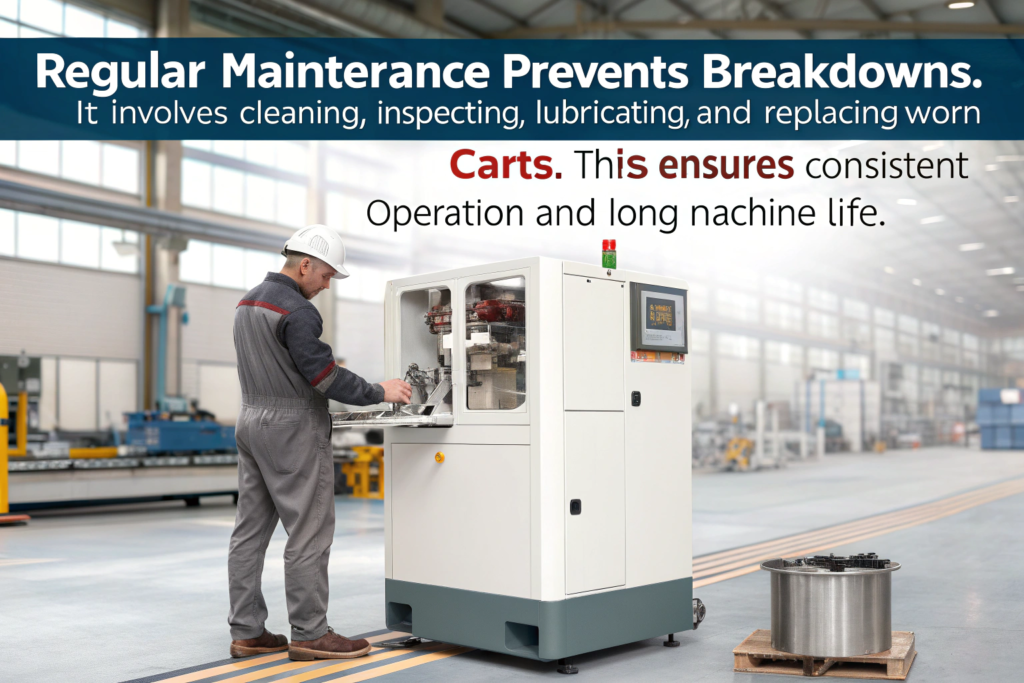
]
Dive Deeper Paragraph:
Maintenance is not just about fixing problems. It’s about preventing them. Think of it like taking your car for regular check-ups. We check the oil, the tires, and everything else. This keeps the car running smoothly. It’s the same with filling machines. We need to do regular checks.
A Simple Schedule
| Frequency | Task | Why? |
|---|---|---|
| Daily | Clean and sanitize all product contact parts.5 | Prevents residue buildup and contamination. |
| Weekly | Inspect seals, O-rings, and nozzles.6 | Catches wear and tear early, preventing leaks and malfunctions. |
| Monthly | Lubricate moving parts.7 | Reduces friction and wear, ensuring smooth operation. |
| Annually | Replace worn parts. | Prevents major breakdowns and extends the machine’s lifespan. |
| Check electrical connections. | Safety, and to prevent electrical damage to the PLC. |
We always remind our clients. Keeping a logbook is important. Write down everything you do. Note the date, the task, and any problems you find. This helps you track the machine’s health. It also helps our technicians if you need help. We also provide training. We show you how to do basic maintenance. We want you to feel confident taking care of your machine. Remember, a well-maintained machine is a happy machine! It’s also a machine that produces high-quality products for a long time.
Conclusion
Cleaning and maintaining your cup filling machine is essential. It’s not just good practice; it’s a necessary part of running a successful business and meeting safety standards.
-
Learning about different types of filling machines can help you choose the right equipment for your production needs. ↩
-
Understanding the best cleaning practices for liquid filling machines ensures product safety and compliance in food production. ↩
-
Understanding these challenges can help you implement better cleaning strategies and maintain your equipment effectively. ↩
-
Learn about CIP systems to enhance your cleaning processes, ensuring efficiency and compliance in your operations. ↩
-
Explore this resource to learn effective cleaning techniques that ensure product safety and quality. ↩
-
This link will provide insights on inspection methods that can prevent costly leaks and malfunctions. ↩
-
Discover the best lubricants to enhance machine performance and longevity through this informative resource. ↩


